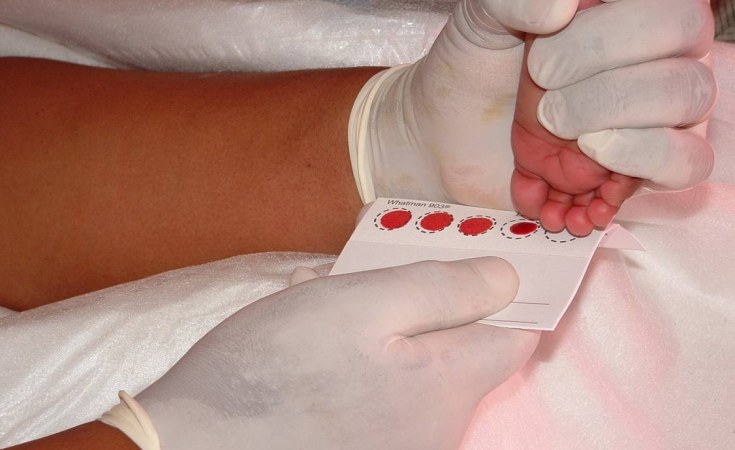Many governments operate according to prejudice rather than science, ensuring that HIV continues to flourish in the crevices of restrictive societies that chose not to recognise behaviours they find unacceptable.
HIV is one of the most studied diseases of all and an arsenal of treatment and prevention tools has been amassed over the past 40 years -- the latest being an antiretroviral injection taken every eight weeks that can prevent 99% of infections.
However, HIV is still spreading -- primarily among people who have been deemed criminals or invisible by their governments.
Some 70% of new infections last year were in groups designated by UNAIDS as "key populations" for their vulnerability to infection: men who have sex with men (MSM), sex workers, transgender people, people who inject drugs and prisoners.
Adolescent girls in sub-Saharan Africa, many of whom are infected during coerced sex, are another vulnerable group.
"We have the tools. We know what we are supposed to do. But we need a people-centred approach to meet people where they are," Professor Linda-Gail Bekker, head of the Desmond Tutu Health Centre and an infectious diseases expert, told the International Aids Conference in Montreal.
Global battles at UN forums
Yet, growing...


